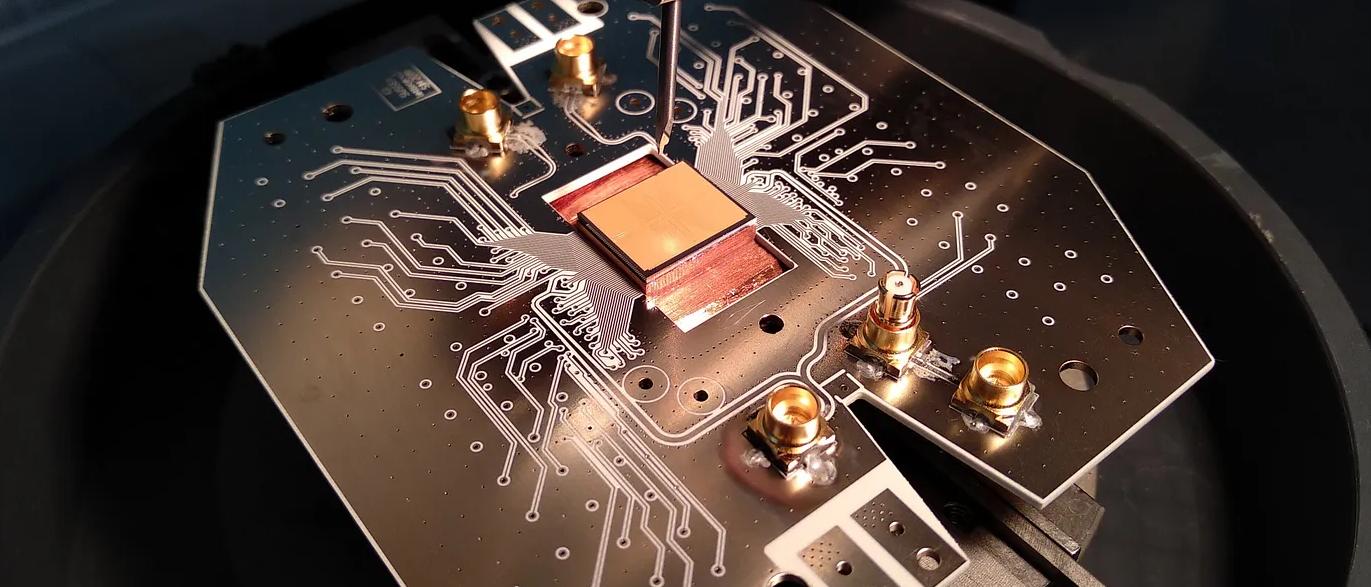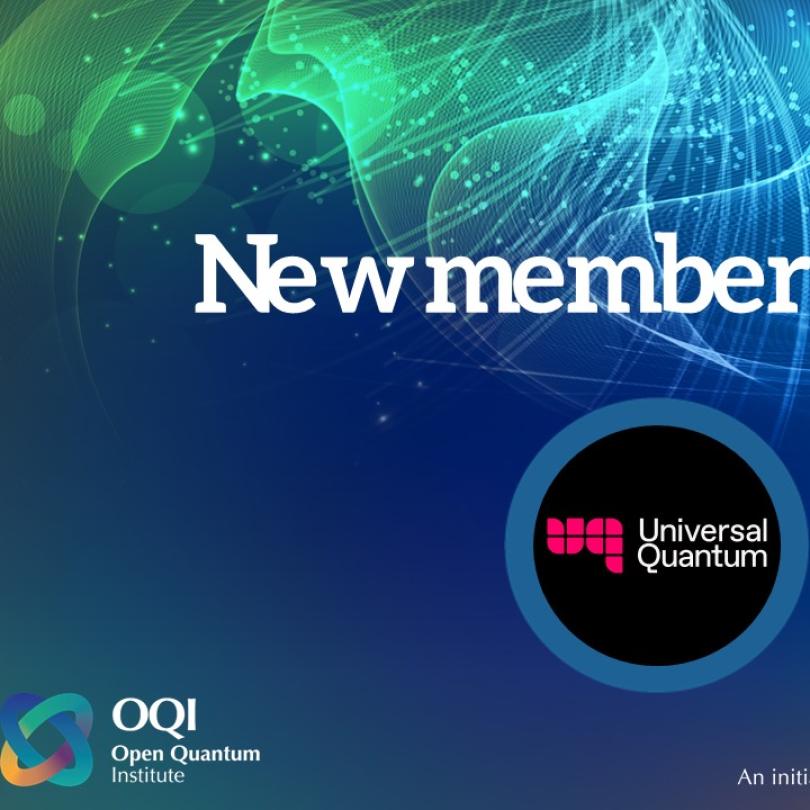Innovate UK has awarded a grant of £6.5 million to a seven-member consortium led by sureCore with a remit to jointly develop advanced cryogenic semiconductor IP.
This is the second grant announcement from Universal Quantum in as many days — our team will also lead a £7.5m consortium to tackle quantum error correction.
When classical and quantum worlds collide
Quantum computers are often seen as the usurpers of classical machines. But you can leverage the progress made by the semiconductor industry in achieving density in active functions to tackle the density challenges inherent in scalable quantum computing.
The supported temperature range of electronics means that the control hardware sits outside of the main body of the quantum computer.
As we start to scale quantum computing then we need to essentially bring together classical and quantum hardware together in the same stack. This causes issues for classical chips because operation in the extreme environments that quantum computers need is not supported by the foundries that make these chips.
This consortium is tackling exactly that issue and developing the IP to develop a full-stack classical/quantum chip solution, giving the UK a commercial advantage (in much the same way as a traditional chip manufacturer, for example, may license its processor IP).
However, this work isn’t exclusive to the quantum computing industry. This hardware could help other industries where electronics operate in extreme environments.
Adam Glibbery, IC Design Lead at Universal Quantum, said: “This consortium enables us to gain vital knowledge in low-temperature electronics, streamline our ASIC development work and accelerate our development roadmap as we work towards building the world’s first million-qubit quantum computer.”
“Our unique quantum computer design does not require cooling to near 0K nor need complex laser technology to control our trapped-ion qubits. This completely different approach to modularity uses electric field links and silicon technology to form an architecture that truly scales for commercial applications.”
The consortium includes Oxford Instruments Nanotechnology Tools, SEEQC UK, SemiWise, Synopsys and the University of Glasgow.
If you would like to find more about Universal Quantum’s involvement in the Cryo-CMOS consortium or to request the full press release, please email [email protected]. We also want to thank sureCore and the other consortium members for making this important work possible.




